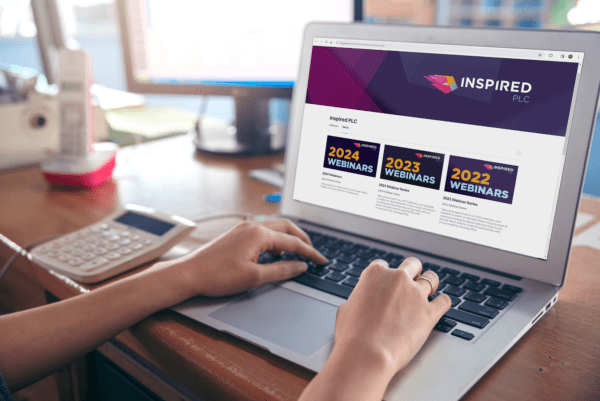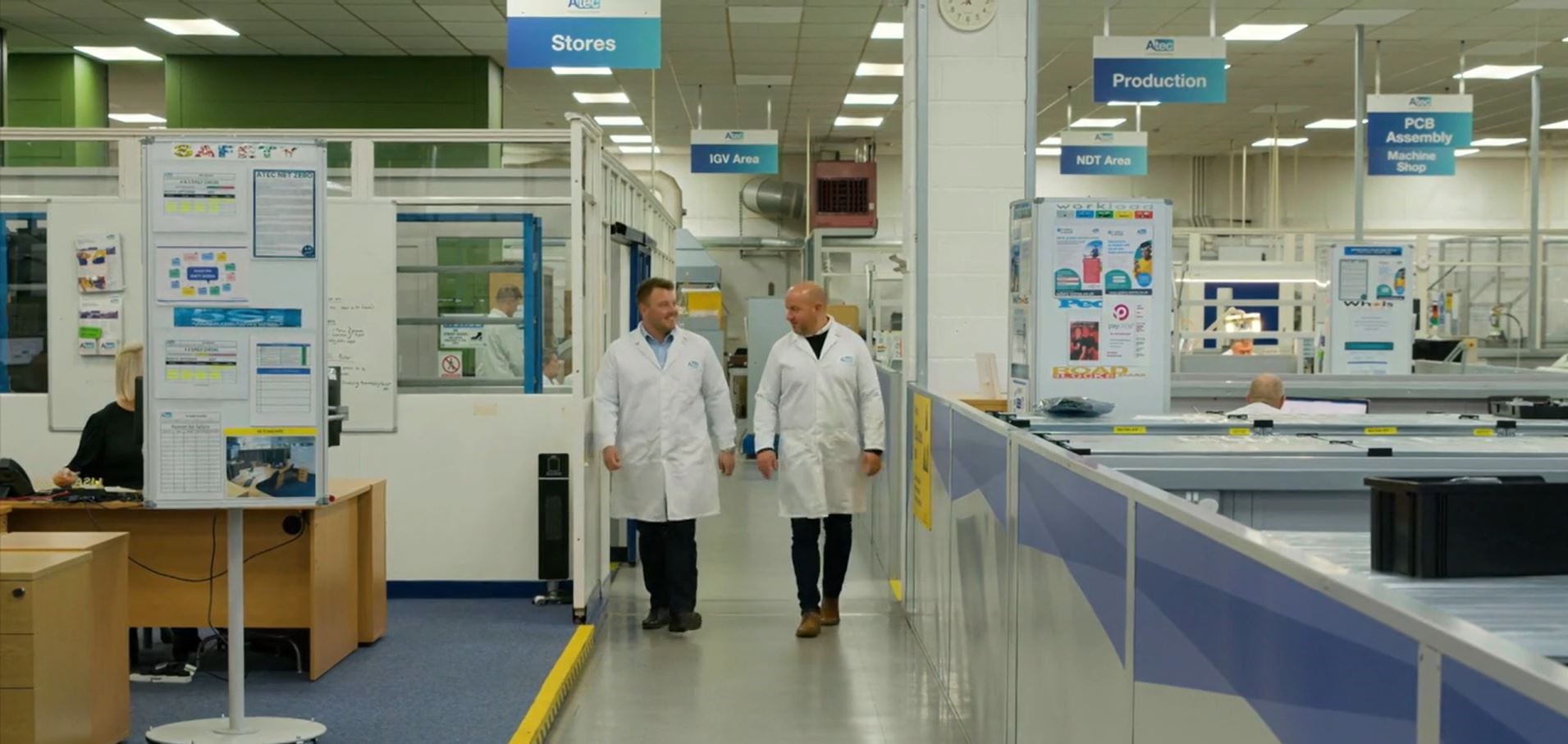
As a business, keeping track of your finances will most likely be at the top of your priority list and it will be a key driver for your decision-making. For this reason, when it comes to creating your net-zero strategy, you may be concerned about the cost of implementing low-carbon technologies.
Understanding what funding and financial support is available for your business is crucial to help you cover the cost of implementing carbon reduction initiatives.
Here are some recommendations we would advise exploring to reduce your energy consumption and costs, which can in turn be used to reinvest in your decarbonisation efforts.
Energy Savings Opportunity Scheme (ESOS)
The Energy Savings Opportunity Scheme (ESOS) is a mandatory energy assessment scheme for organisations in the UK that meet the qualification criteria. If your business employs over 250 people, has an annual turnover of more than £44m and an annual balance sheet total in excess of £38m, you should be reporting your ESOS findings. Many organisations now see ESOS as an opportunity as the reports provide energy efficiency recommendations, which are a great starting point for any business looking to reduce their energy consumption.
The Environment Agency is the UK scheme administrator and ensures that organisations who qualify, carry out an ESOS assessment every 4 years. Penalties can be applied to businesses who do not comply or fail to submit their ESOS assessment on time. However, if done correctly, the long-term energy, cost and carbon savings made from better energy efficiencies can be reinvested into your business.
The scheme is currently in its third compliance period, known as ESOS Phase 3. Earlier this month, changes to ESOS have been passed by Parliament, and therefore, organisations that meet the criteria will need to comply with the new requirements by the 5th of June 2024.
Download our ESOS guide to find out more here.
Levy Exemption schemes
Environmental charges currently account for around 36% of your electricity bill and 10% of your gas bill. Several environmental schemes have been introduced over the years to incentivise businesses to invest in renewable generation and efficient technologies.
The costs associated with funding these schemes are recovered through environmental levies. However, the government, with its aim of achieving net-zero carbon emissions by 2050 is keen on keeping the cost of energy low to allow businesses to remain competitive. Recognising that these charges could impact the competitiveness of more energy-intensive industries (EIIs), the government has recently confirmed it’s going to introduce the Network Charging Compensation (NCC) scheme, providing EIIs with up to 60% compensation on eligible network charges.
Read more about available Levy Exemption schemes here.
Streamlined Energy and Carbon Reporting (SECR)
Streamlined Energy and Carbon Reporting (SECR) is a mandatory annual requirement designed to encourage more energy efficiency measures within businesses, for both economic and environmental benefits.
SECR is enforced by the department for Business, Energy, and Industrial Strategy (BEIS) and targets businesses who consume more than 40,000 kWh of energy per year, with two or more of the following:
- A turnover (or gross income) of £36m or more
- Balance sheet assets of £18m or more
- 250 employees or more
SECR can support your business’s net-zero journey as it can help you raise awareness of how and when energy is used, increase transparency for investors, reduce administrative burdens and reduce your energy bills, thus releasing funds to reinvest in your net-zero strategy. In fact, many businesses have started to comply with SECR voluntarily to demonstrate their sustainable commitment and use their disclosures as a launch pad to commence their net-zero journey.
If your business is looking to comply with SECR, see how we can help here.
Revenue recovery
Although this solution doesn’t reduce consumption, it can unearth large refunds and ongoing savings which you may be entitled to.
Business energy bills are complex and it can be both confusing and time consuming to effectively recognise whether your company is being billed correctly. There are several explanations for miscalculated charges and billing errors from across the supply chain. Businesses can recover incorrect charges that have been billed by their supplier over the past six years.
Using a consultancy to review your historical billing data means errors can be identified and recovered on your behalf, with the potential to receive a significant refund that had previously been paid incorrectly.
How can this support your net-zero journey?
If your business is looking to reduce consumption and decarbonise, these schemes, solutions and obligations are just some of the ways in which your business can reduce costs, improve efficiency and unlock funding. These additional funds can then be reinvested in carbon reduction technologies and more sustainable operations and processes to propel your business even further along on its net-zero journey.
Follow along with Inspired’s COP28 coverage, including live Q&As on our social media, articles and up-to-date news from COP28 here.










